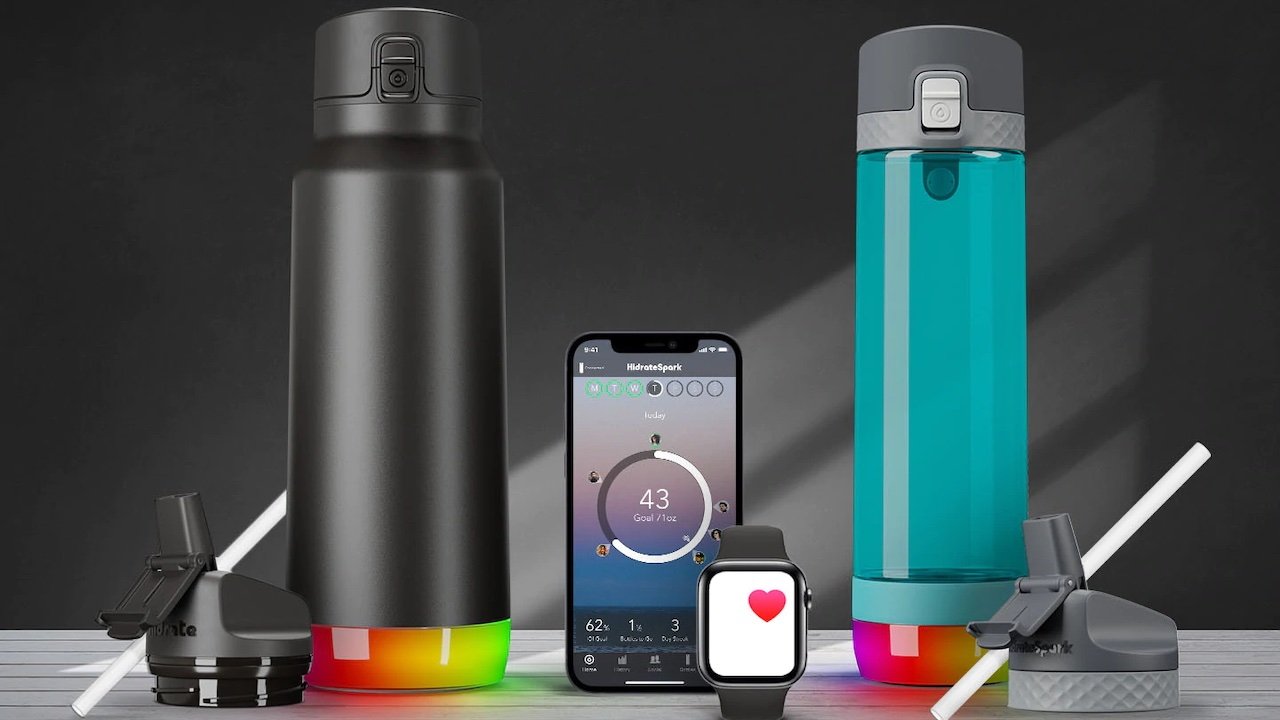To help you maintain optimal hydration, here are some essential hydration tips for winter that you can follow to stay healthy and energized throughout the colder months. As the temperature drops during the winter months, staying hydrated can easily slip off your radar.
Top Hydration Tips for Winter
However, hydration is just as critical in the winter as it is in the summer. Dry, cold air can actually dehydrate your body, leaving you feeling sluggish, tired, and unwell.
1. Drink Warm Beverages for Comfort and Hydration

In the winter, reaching for ice-cold water can seem unappealing. Instead, opt for warm beverages such as herbal teas, broths, or even warm water with a slice of lemon. These drinks not only keep you hydrated but also offer the added benefits of warmth and comfort, which are essential when it’s chilly outside.
Hydration tips for winter don’t just focus on drinking water; incorporating warm, soothing drinks into your routine is an enjoyable and effective way to meet your hydration needs.
2. Include Hydrating Foods in Your Winter Diet

Your hydration efforts should extend beyond just drinking liquids. Incorporating water-rich foods into your meals can significantly boost your hydration levels. Fruits like oranges, apples, and grapefruits, as well as vegetables such as cucumbers, celery, and spinach, contain high water content and are perfect for winter.
Adding these foods to soups, salads, and stews is an excellent way to stay hydrated while enjoying flavorful, nutritious meals. During the colder months, hydration tips for winter should include a focus on both liquids and solid foods to ensure you’re covering all your hydration bases.
3. Set Hydration Reminders Throughout the Day

It’s easy to forget to drink enough water during the winter because the cold weather can reduce your natural thirst cues. To combat this, set regular hydration reminders on your phone or use a hydration app to prompt you to drink water throughout the day.
Having a water bottle within arm’s reach is another simple trick to keep your hydration levels in check. A visible reminder ensures you stay on track with your hydration goals, even when you’re bundled up in warm clothing.
4. Limit Diuretics to Prevent Dehydration

While coffee, tea, and alcohol may be comforting during the winter months, they can also act as diuretics, leading to increased water loss and dehydration. If you enjoy these drinks, it’s important to balance them with extra water. Opting for decaffeinated coffee or tea can help reduce the dehydrating effects.
To stay on top of your hydration, remember to drink water alongside these beverages to ensure you’re not depleting your body’s fluids unnecessarily. Limiting diuretics or compensating for their effects is a key component of your hydration tips for winter.
5. Monitor Urine Color to Track Hydration

A quick and easy way to check if you’re staying hydrated is by monitoring the color of your urine. If your urine is pale yellow, you’re well-hydrated. However, if it’s darker, it’s a clear sign that you need to drink more fluids.
This simple method can help you gauge your hydration levels throughout the day. Remember, proper hydration is essential for maintaining healthy body functions, especially during the colder months.
6. Use a Humidifier to Combat Dry Air

Winter air, both outdoors and indoors, can be dry, which can lead to dehydration of your skin and respiratory system. Indoor heating systems, in particular, can strip moisture from the air, exacerbating dehydration. A simple solution is to use a humidifier at home or in your office.
A humidifier will add moisture back into the air, making it easier for your body to retain hydration and preventing your skin from becoming dry and cracked. This is one of the most effective hydration tips for winter to ensure that your environment doesn’t contribute to unnecessary fluid loss.
7. Hydrate Before, During, and After Physical Activity

Even in the winter, your body continues to lose water through sweat and respiration during physical activity. Whether you’re hitting the gym, going for a winter jog, or just shoveling snow, it’s important to drink water before, during, and after your workout.
If you’re engaging in intense physical activity, consider consuming drinks that are rich in electrolytes to help replenish lost fluids and minerals. Staying hydrated during exercise is crucial, even in the colder months, to maintain performance and overall health.
8. Listen to Your Body’s Hydration Needs

Your body often sends signs when it’s dehydrated. Dry skin, chapped lips, headaches, and fatigue are all common symptoms of dehydration. Paying attention to these cues is essential for staying properly hydrated during winter. While you might not feel as thirsty in the colder months, your body still requires sufficient water to function optimally. Stay in tune with your body and make sure you’re meeting its hydration needs throughout the season.
By following these hydration tips for winter, you can ensure that your body stays hydrated, healthy, and energized all season long. Whether it’s drinking warm beverages, incorporating water-rich foods, or setting hydration reminders, there are plenty of ways to maintain your fluid intake during the colder months.
Also Read: 10 Winter Wellness Tips to Boost Immunity in Changing Weather
Remember, hydration is not just about water; it’s about keeping your body balanced and nourished throughout the year.


